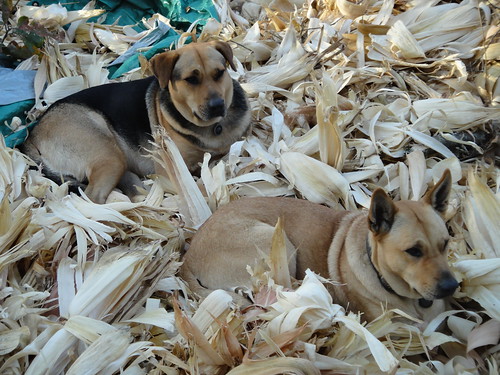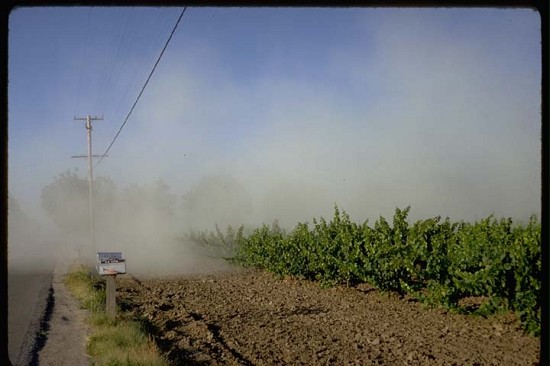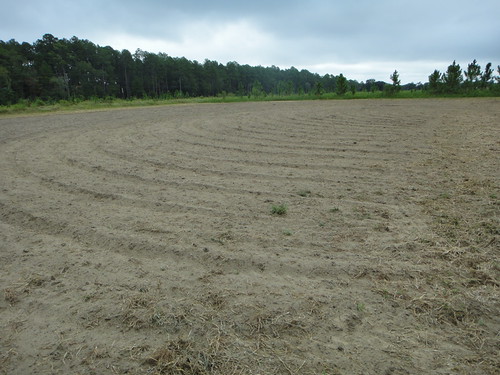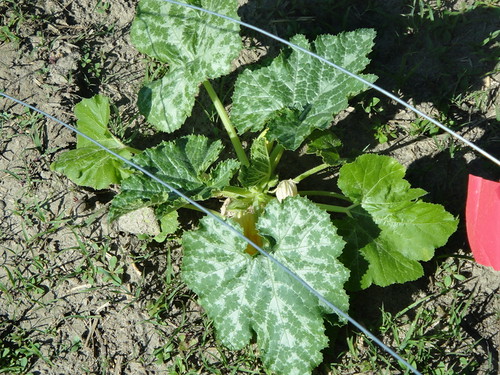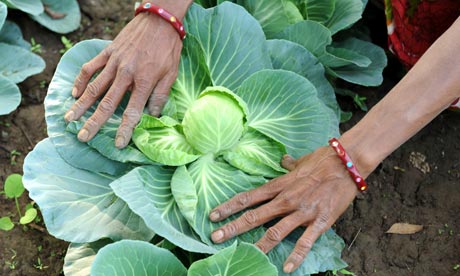After an initial decline in yields during the first few years of transition, the organic system soon rebounded to match or surpass the conventional system. Over time, FST became a comparison between the long term potential of the two systems.Year after year, Rodale found:
Organic yields match conventional yields.
As Tom Philpott reported for Mother Jones 17 November 2011, Yet Again, Organic Ag Proves Just as Productive as Chemical Ag,
Norman Borlaug, instigator of the “green revolution” of no-till and pesticides, when asked in 2000 whether organic agriculture could feed the world, said: Continue readingAnd now comes evidence from the very heart of Big Ag: rural Iowa, where Iowa State University’s Leopold Center for Sustainable Agriculture runs the Long-Term Agroecological Research Experiment (LTAR), which began in 1998, which has just released its latest results.
At the LTAR fields in Adair County, the (LTAR) runs four fields: one managed with the Midwest-standard two-year corn-soy rotation featuring the full range of agrochemicals; and the other ones organically managed with three different crop-rotation systems. The chart below records the yield averages of all the systems, comparing them to the average yields achieved by actual conventional growers in Adair County:

